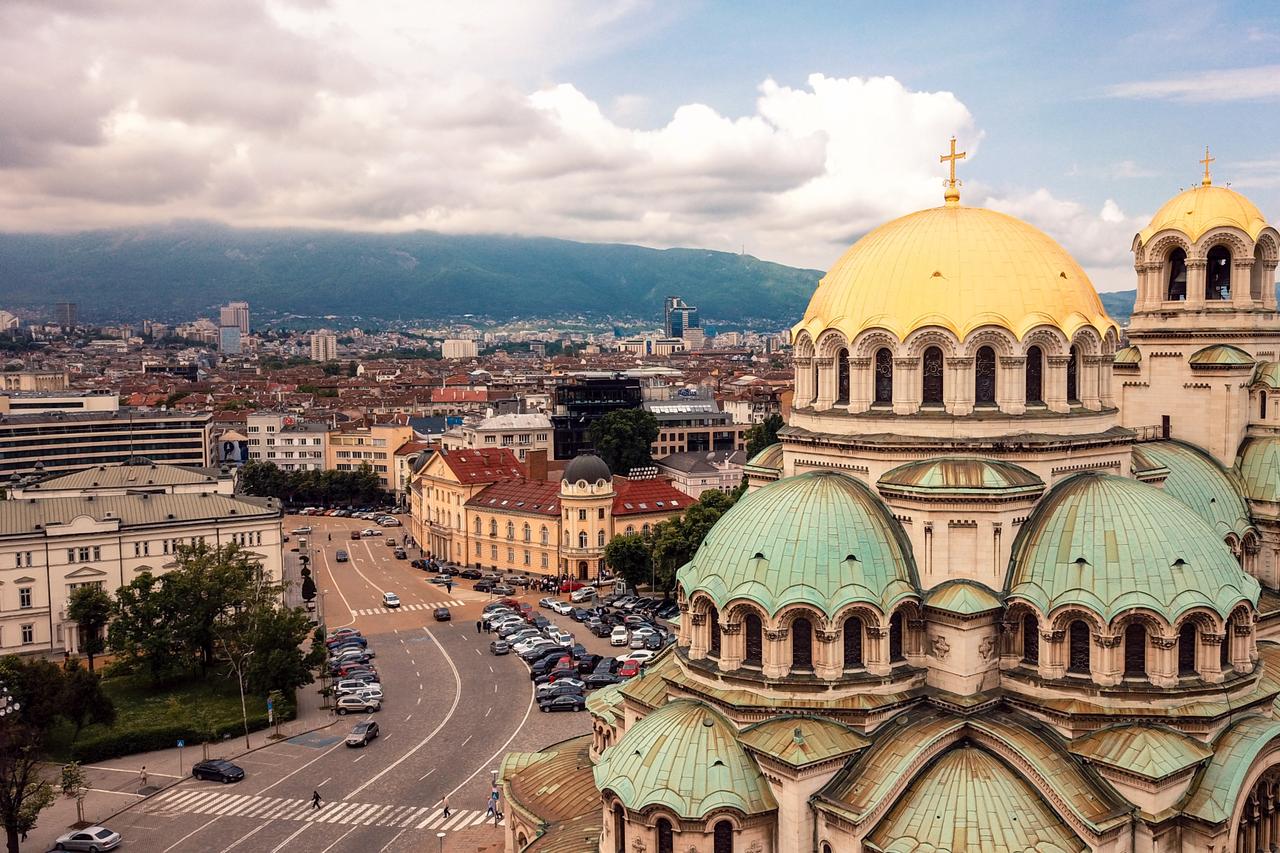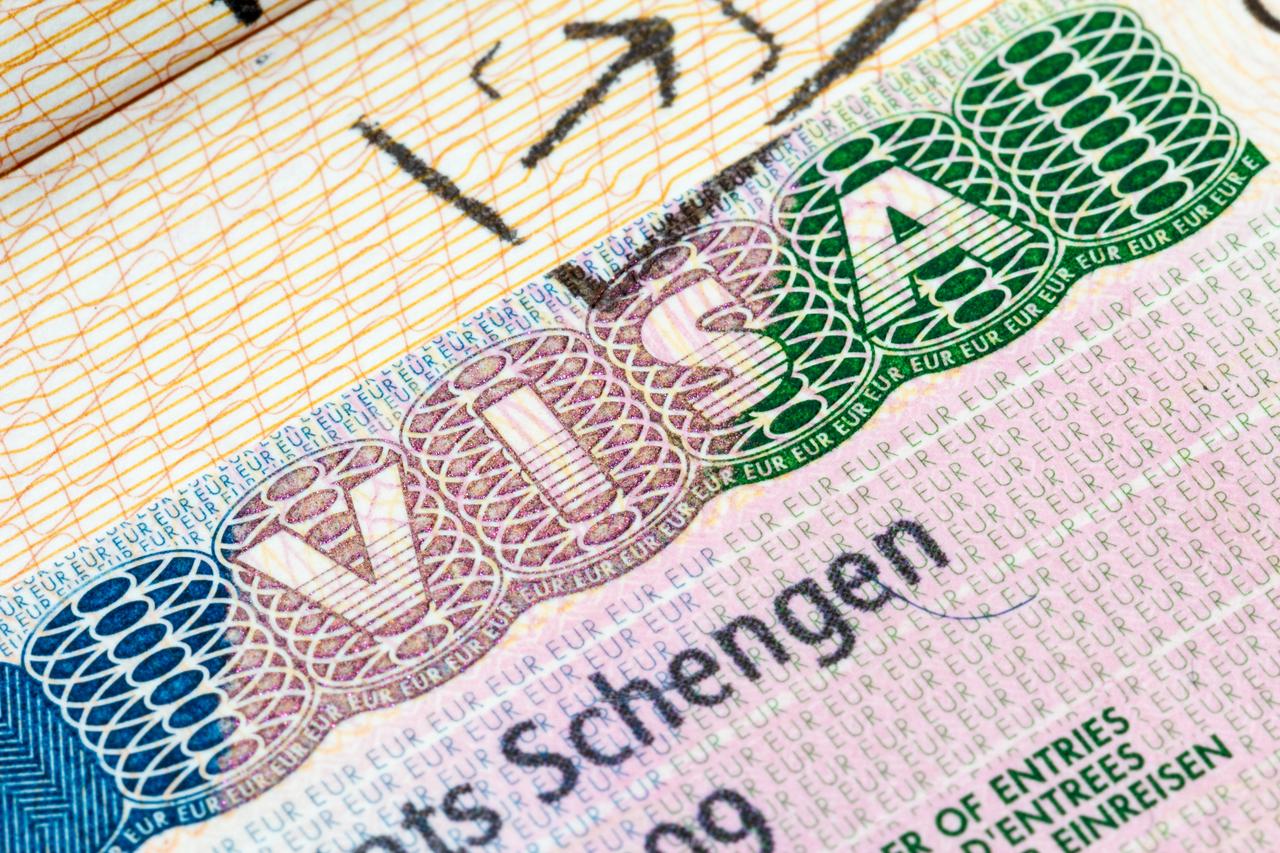
Bulgaria is emerging as a new hub for Turkish retirees seeking more than just a place to spend their pensions. In the past year alone, hundreds of retirees from Türkiye have obtained residence permits, while many others have begun the legal process to relocate. The opportunity became available to Turkish citizens in late 2024, and since then, interest has been steadily growing.
Many retirees see the D visa and subsequent residency as a gateway to Europe, enabling them to travel freely across the Schengen area. For those with children studying or working in EU countries, Bulgarian residency provides a practical way to stay close to their families.
Others are drawn by the prestige and convenience of holding a residence card that allows them to board a plane to another European country and enter simply by showing their permit, without needing to present a passport.

Retirees must meet two key financial conditions to qualify: a monthly pension of at least €500 ($588.26) and savings of roughly €6,000. The process starts with applying for a D visa, which grants legal entry into Bulgaria. Once inside, retirees must open a Bulgarian bank account, transfer both their pension and savings and secure accommodation. After these requirements are fulfilled, they may submit their application for a residence permit.
Once approved, applicants are granted a one-year residence permit. Importantly, this permit is not permanent; it must be renewed annually as long as the retiree’s circumstances remain unchanged. Authorities verify whether the applicant’s registered address is still valid and whether their bank account remains active.
In addition, retirees are expected to spend at least 183 days per year 'roughly six months' either in Bulgaria or within the Schengen zone. This condition ensures that the residence permit is being used for genuine settlement rather than as a mere travel convenience.
After five consecutive years of renewals, retirees can apply for permanent residency, giving them long-term stability and greater rights within Bulgaria and the EU.
Law firms and consultancy companies in Türkiye are playing a crucial role in guiding retirees through the complex legal procedures. Within just one year, some firms have assisted hundreds of clients in securing residence permits.
The profile of these retirees is diverse: some are seeking greater travel freedom, others are planning for long-term family reunification in Europe and a smaller share are simply looking to stretch their pensions in a different country.